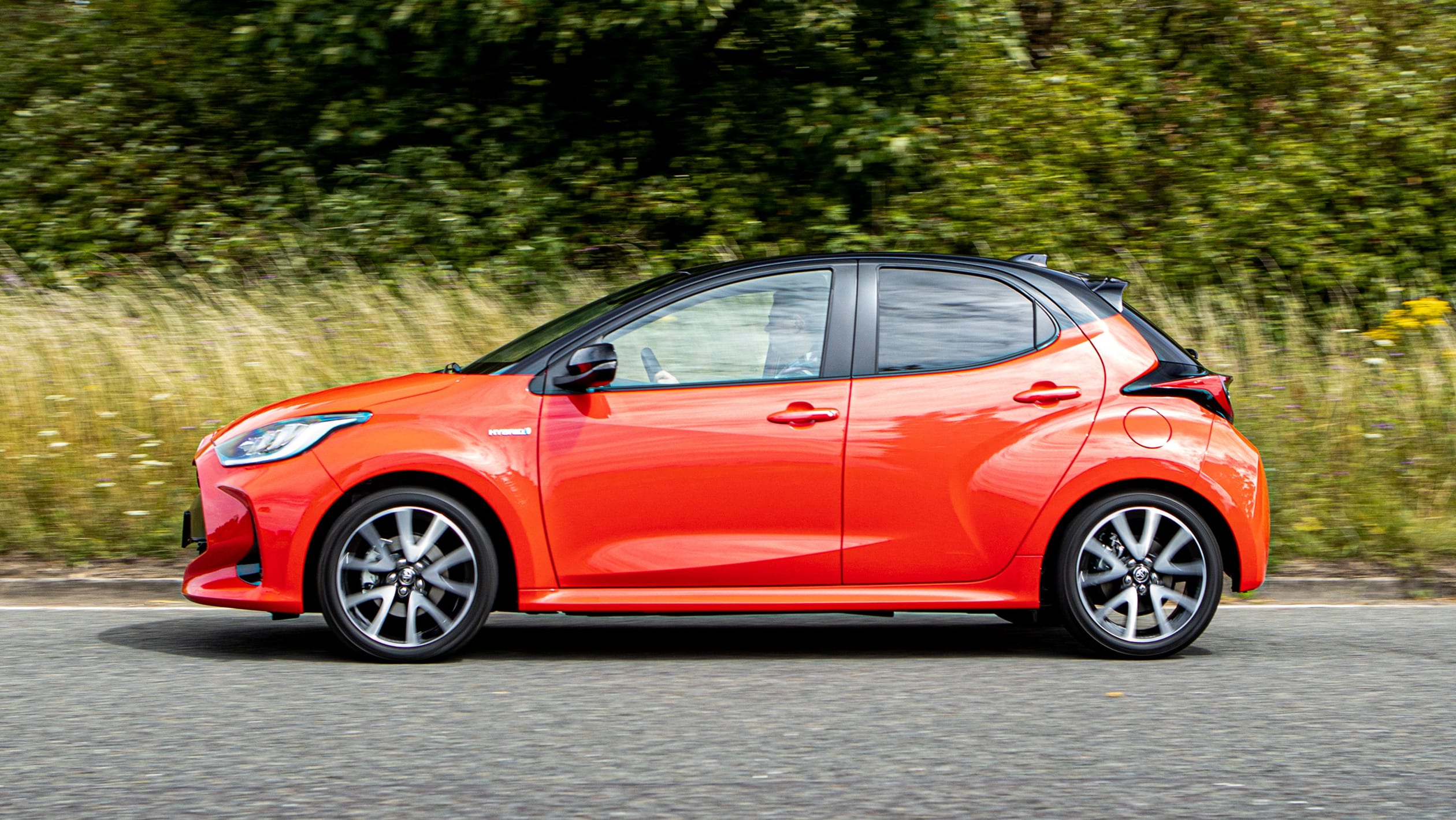If there’s a more pandemic-beating travel pod than our cars, then Mike Rutherford wants to know what it is.
By far the most important, potentially life-saving truth I passed on to our elected leaders last May went like this: when travelling in a pandemic-ravaged city, the best, most responsible way for people to socially distance and, in turn, combat the threat of Covid-19 is to use private, simple-to-sanitise family cars, which the vast majority of adults already own or lease.
But another, equally important, potentially life-taking truth I reminded the Government of was this: when folk are forced to squeeze in to, then sit or stand aboard inevitably cramped, comparatively unclean public transport, the risk of infection is far greater. Put another way, those happy, distanced souls in their locked, sealed, private cars capable of travelling door to door are far less likely to become Covid-19 victims than the poor sods at stations and on trains, at airports and in planes, at terminals and in coaches, at bus stops and struggling with buses.
If there’s a more effective, safe, accessible pandemic-beating travel pod for real-world families than the cars they’ve got, like and trust, then you’ll need to tell me what it is, dear reader, because I’m not aware of it. And no, private aircraft used by the likes of Transport Secretary Grant Shapps as he goes about his daily, hypocritical business do not qualify, because personal planes are only accessible to the privileged or wealthy few, such as cheeky chappy Shappy.
Despite the obvious and overwhelming positives of cars in these extraordinary times, they’ve almost become a taboo subject for politicians, who hopelessly try to pretend that public transport passengers, cyclists and pedestrians matter, whereas car users do not.
But the proof is in the very latest data, published by the UK Government’s own Department for Transport this month, which quietly reveals that around nine in every 10 travellers “expressed concerns for their health” when using buses, planes, and overground and underground trains. If that’s not a two-fingered salute to – and a comprehensive rejection of – public transport, I don’t know what is. Conversely, fewer than two car occupants in every 10 said they had the same sort of concerns when using their own vehicles.
Shapps and his hapless civil servants are guilty of massive understatement when they say the public “lacks confidence” in public transport. It’d be more honest to admit that the bailed-out train industry, and diesel-dominated (but still heavily subsidised) bus sector are increasingly unfit for purpose, and scaring away passengers they’re supposed to serve.
Meanwhile, the used or new, cheap or expensive private car has never made more sense, offered more safety and flexibility, or provided more satisfaction and reliability for salt-of-the-earth folk living in the real world that Grant Shapps lately opted out of.
Mike Rutherford




